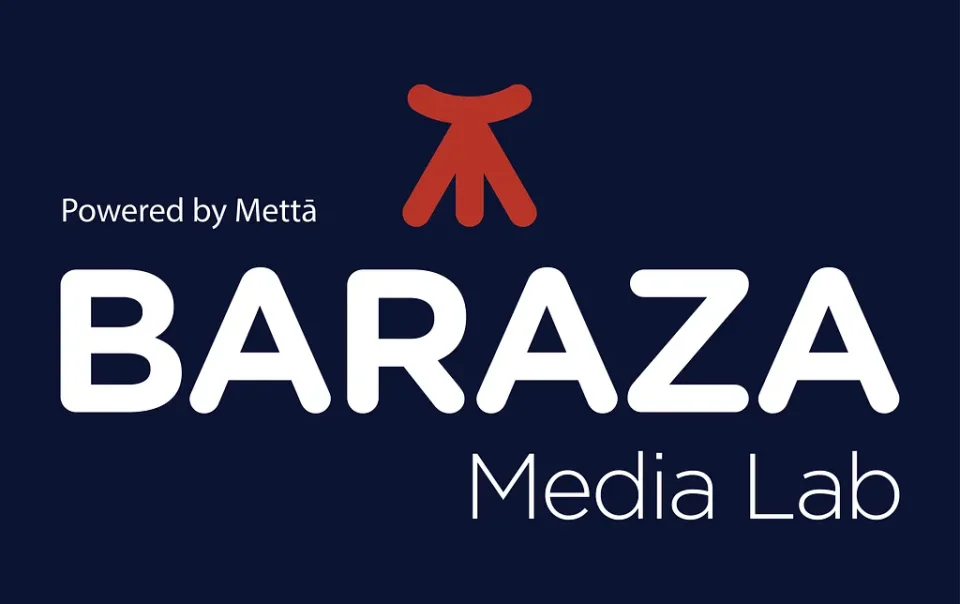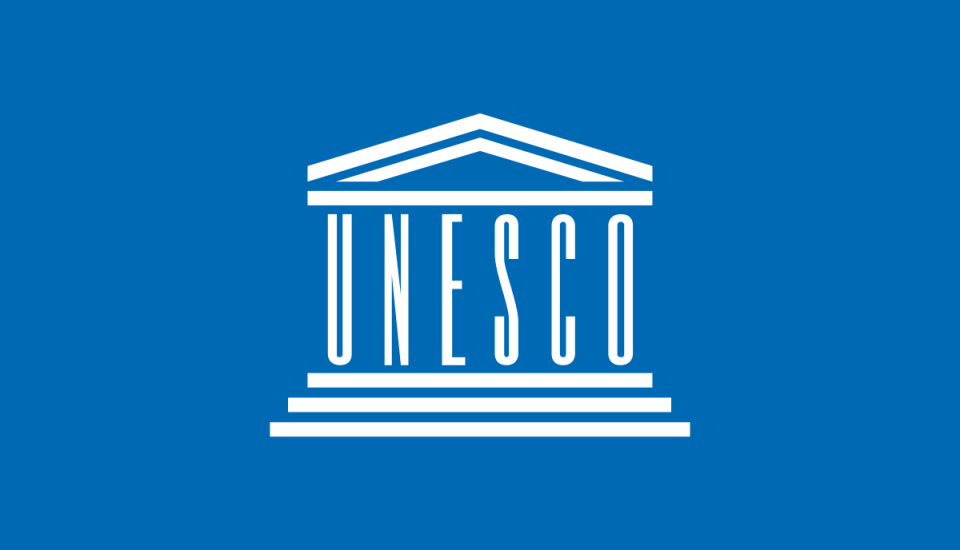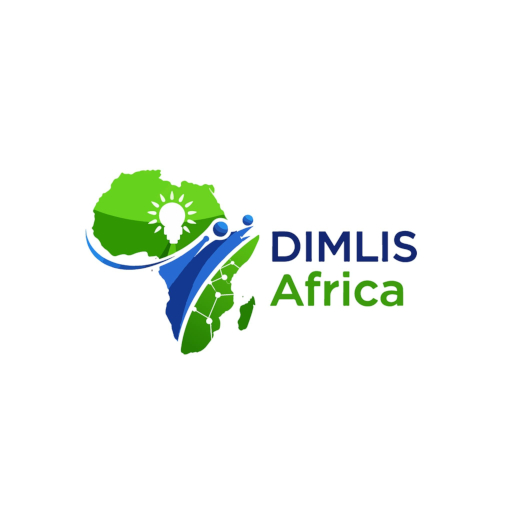The main purpose of this study was to investigate the emerging roles of academic librarians in Kenya, with a view to determining whether they perform better as apomediaries or infomediaries. The specific objectives were to: examine the characteristics of the changing information universe in which academic librarians in Kenya currently operate; analyse the information-seeking behaviour of academic library users in the new information universe and examine the emerging roles of academic librarians in Kenya.
- 0800 111 222
- info@dimlisafrica.org
- Mon-Fri 8am - 6pm




